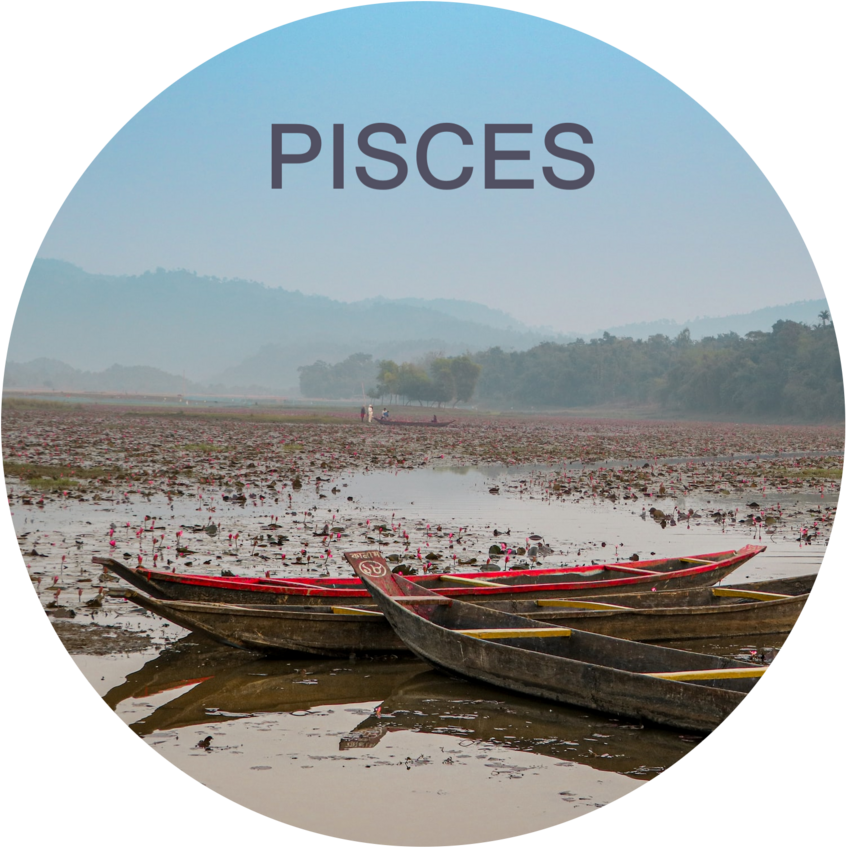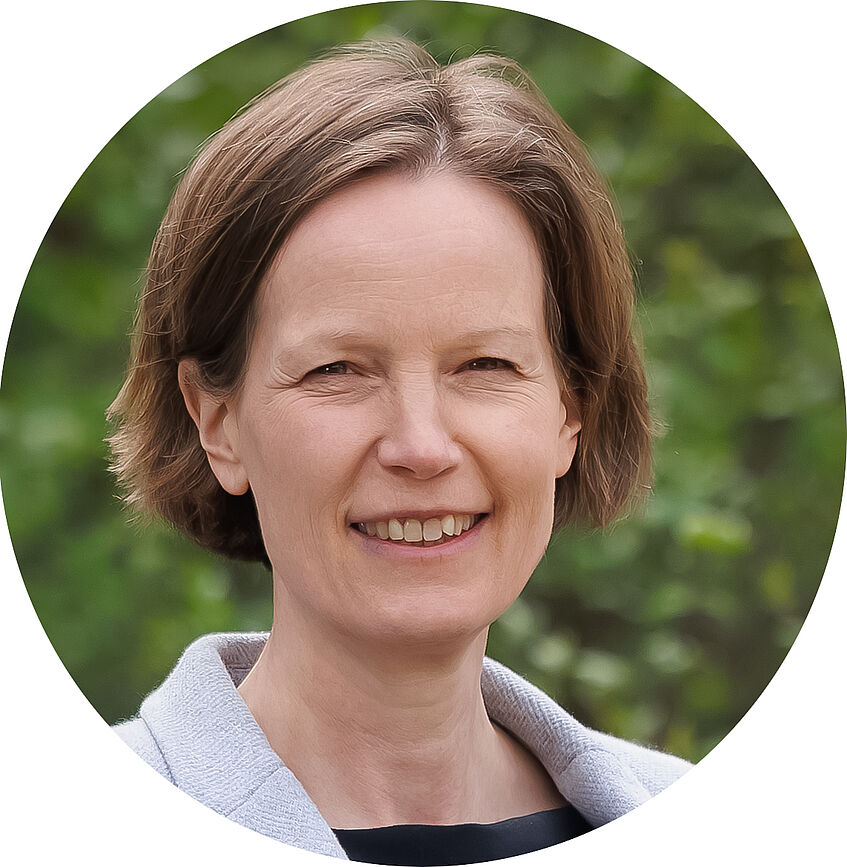
Indonesia, the largest economy within the Association of Southeast Asian Nations (ASEAN), has an ambitious plan to reduce marine plastic debris by 70% by 2025. This will be achieved through a ‘circular economy’ approach that will work as a pilot programme to be adapted and implemented in other countries.
PISCES was created to complement and inform these national efforts by
- researching causes and impacts of plastic pollution and- ensuring the co-design of targeted and effective interventions.
PISCES try to close key knowledge gaps that are critical to unlocking a sustainable future for plastics in Indonesian societies. The project aims to inform, complement, and catalyse national and global action programmes to solve the plastic challenge by providing evidence-based solutions and system-change interventions to support real change in government policies, industrial practices, and consumer behaviour.
Sites for the PISCES national-scale study will be selected using the current capabilities of the SPOT country-wide model to identify a minimum of ten urban regencies, drawn from different provinces across Indonesia, with different predicted levels of plastic waste leakage. PISCES aims to encompass sites with a range of societal structures and ecological conditions.
Two case study sites are selected as PISCES Hope Spots, focusing on the East Java Province. This province has been selected due to its status as the second most populated area of Indonesia, and the presence of the popular global tourist destination of Bali Province. Working from these ‘Hope Spots’, PISCES will perform detailed impact assessments and system analytical studies to identify effective points in the plastic supply chain at which to intervene, and to examine the benefits that could be gained.
Through a collaborative, inclusive partnership, the project involves academic researchers from 4 UK and 5 Indonesian universities working with business, industry, government, NGOs and civil society. Sabine Pahl is collaborating on this project with colleagues from her former place of work, the University of Plymouth, where she still holds an Honorary Professor of Applied Social Psychology.
Website
Check out the PISCES website
Involved team members

